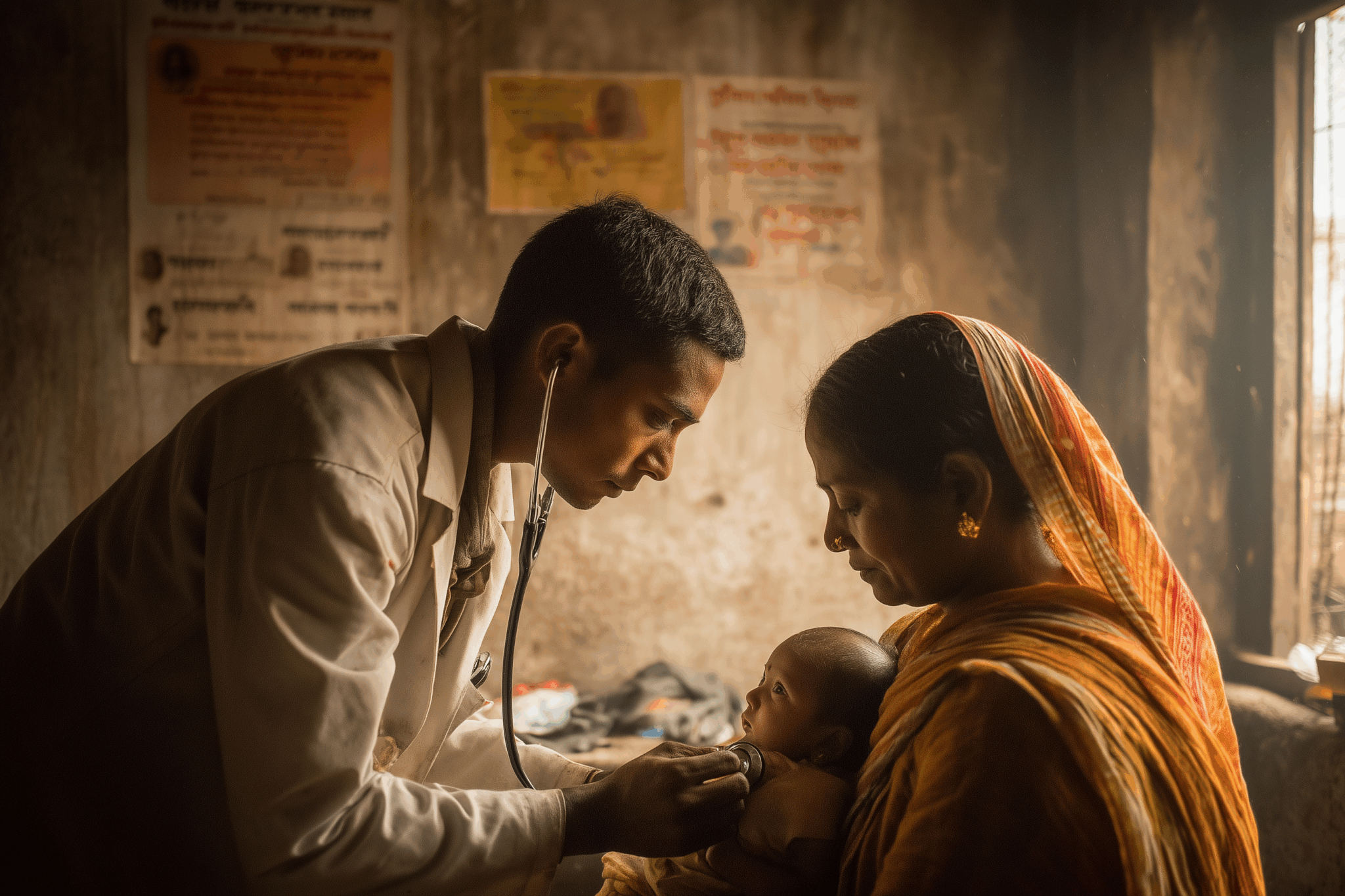By Izzy Koo
The United States is often called the wealthiest country in the world, yet 13 million children are food insecure. Thirteen million young boys and girls across this country cannot be sure that they will get regular meals, sometimes do not know when or where their next meal will be, and do not have access to an affordable, nutrient-dense diet.
While food may be seen as a given for many well-off Americans, the reality is that it has become harder to obtain for others. Food should not be difficult to access – especially for children.
Hunger in children and teens in America carries a myriad of consequences. Teachers and administrators have reported that hungry students have less energy in class, are more easily distracted when it comes to schoolwork, score lower on exams, and come to school late or miss school entirely. Researchers have had data that confirms such impacts for at least a decade, and Bread staff has been in communication with pediatricians at Children’s HealthWatch in Boston about the health consequences of child hunger since 2011.
Early childhood hunger, even for relatively brief periods, carries especially severe consequences for children’s development. Especially for those in the critical human nutrition period known as the ”1,000 Days,” from pregnancy to age 2, hunger can cause devastating damage to the developing brain. Clinically diagnosed stunting is rare in the U.S. This is a condition that includes lifelong health problems and developmental delays. It indicates that a person has survived early childhood malnutrition.
Researchers are learning more all the time about the impacts of early life experiences. For example, there is now a list of “Adverse Childhood Experiences” (ACE) which, according to the U.S. Centers for Disease Control (CDC), can have a “tremendous impact” on lifelong health and opportunity.
The most heartbreaking consequence of all is not even listed among the serious physical and mental consequences associated with hunger, but something even greater: childhood hunger strips away dreams, hopes, and futures. The U.S. is known as a country where dreams become reality, where you can achieve anything you set your mind to, and where children are told they can grow up to become presidents, astronauts, and anything else they can think of.
Hunger can not only affect your physical and mental health, but also make it harder for you to dream of the future. As a country, and as individual parents, teachers, mentors, elected leaders, and people of faith, we must respond to childhood hunger for the emergency it is.
As Rep. Jim McGovern (D-MA) put it in his support for the Universal School Meals Program Act of 2023: “No child in America should be hungry – period, end of story. In the richest country in the history of the world, every child that does not have enough to eat is a policy failure and a moral outrage. We have a responsibility not just to teach kids reading and math, but to ensure they have healthy, nutritious food at school.”
It is good news that there are currently initiatives and legislative proposals aimed at ending child hunger in the U.S. Many Bread members have devoted special time and effort to advocating passage of the Universal School Meals Program Act.
This vital piece of legislation offers a permanent solution to ending child hunger in America “by offering free breakfast, lunch, dinner, and a snack to all students, preschool through high school, regardless of income, eliminating all school meal debt, and strengthening local economies by incentivizing local food procurement.” The bill was introduced by Senator Bernie Sanders (I-VT), along with Senators Kirsten Gillibrand (D-NY) and Martin Heinrich (D-NM), and in the House by Representatives Ilhan Omar (D-MN), Gwen Moore (D-WI) and Jim McGovern.
The Universal School Meals Program Act is a more comprehensive, permanent long-term version of the highly successful free school meals program that Congress approved during the COVID-19 pandemic. The initial program, which provided free school meals to all U.S. students through high school, led to significant positive outcomes, including higher rates of participation in school meals, reduced levels of perceived stigma affecting lower-income students, and an end to school meal debt.
Unfortunately, the program was temporary. It expired in September 2022, leaving millions of children who relied on free meals under strain and uncertainty.
The Universal School Meals Program Act will not only bring unprecedented relief to low-income students, but to all schoolchildren. This new act imagines a country where food is freely given to children at school, and no child enrolled in an American school goes hungry. The act provides for not only free food, but free healthy, nutritious food that provides the diet needed for children to thrive.
The evidence that this approach works includes data from the nine U.S. states that already provide free school meals. California led the way and was followed by Maine, Colorado, Illinois, Michigan, Minnesota, Massachusetts, New Mexico, and Vermont. A number of other states are planning to take steps in school year 2024-2025 that will bring them closer to universal school meals.
Teachers are noticing the difference. Just one example: Lowell Elementary in Albuquerque, New Mexico, has reported a significant decrease in hunger-related issues for several of their students who “used to suffer stomach cramps or would feel dizzy because they didn’t have enough to eat.” Albuquerque Public Schools have also seen “an immediate increase in participation. And in the first seven days of the school year that started this month, the numbers increased by 1,000 per day for breakfast and lunch.”
It is very good news that the leaders of nine states are now ensuring that children in their states get enough to eat. But we cannot stop there. It is time for Congress to finally end child hunger with universal free school meals.
Izzy Koo is an intern on U.S. and global hunger issues, Policy and Research Institute, with Bread for the World.



